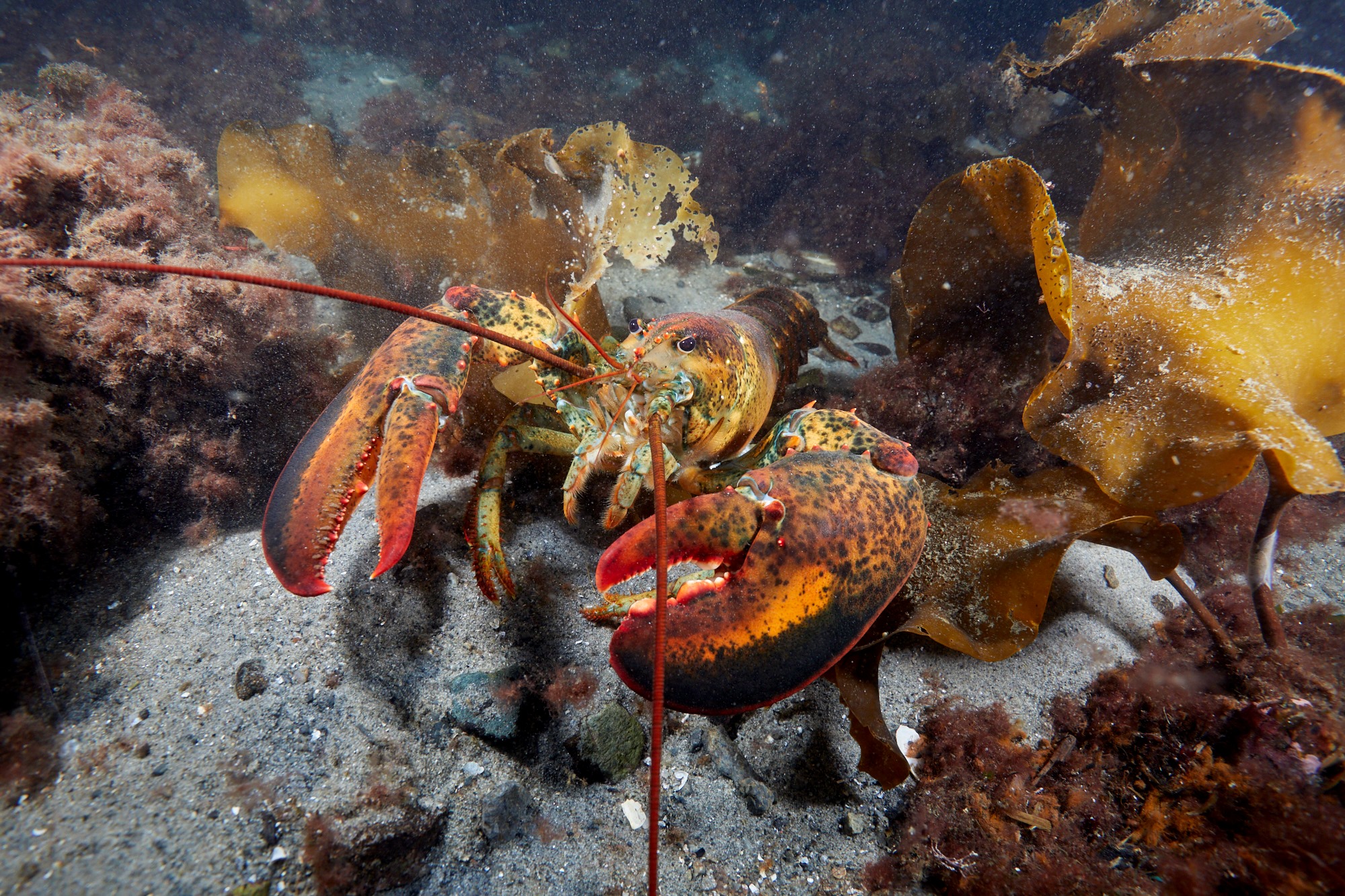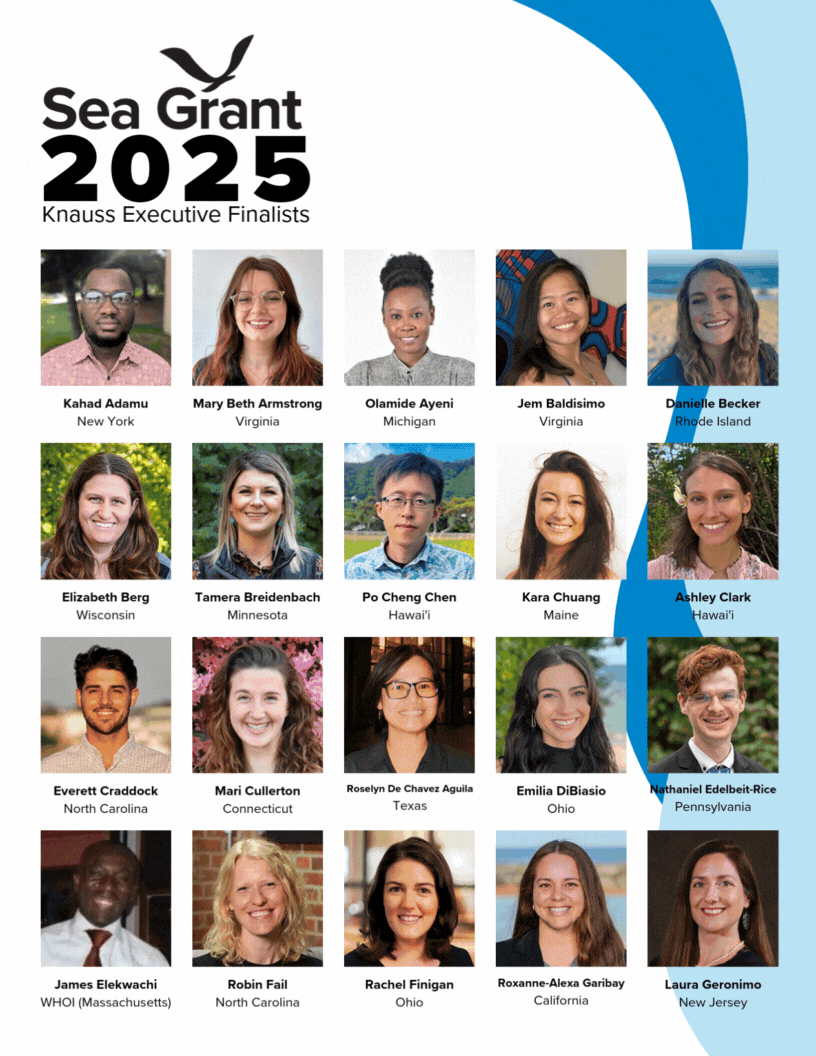NOAA Sea Grant is pleased to announce $27 million in projects that will address the prevention and removal of debris in marine and Great Lakes environments throughout the U.S. Using Sea Grant’s partnered approach to bring science together with communities for solutions that work, the projects will support transformational research and the creation of local coalitions to address urgent marine debris prevention and removal needs.
“Marine debris is a pervasive problem, negatively impacting local economies, tourism, wildlife and ecosystems, and human health. The work supported by these projects presents exciting opportunities to tackle a wide range of debris issues, such as microplastics, single-use food packaging and derelict fishing gear, using an assortment of innovative approaches informed by and implemented with communities” said Jonathan Pennock, director of NOAA’s National Sea Grant College Program.
The projects were competitively selected through two opportunities supported by the Bipartisan Infrastructure Law and leveraging funds from the Inflation Reduction Act: The Marine Debris Challenge Competition and The Marine Debris Community Action Coalitions.
Through the Challenge competition, 10 projects across Alabama, Alaska, California, Hawai’i, Maine, Mississippi, New York and South Carolina were recommended for approximately $22 million in total funding. These projects push the boundaries of existing marine debris prevention and removal technologies and approaches, change the current landscape of marine debris mitigation, and tie research to tangible outputs. In Hawai’i, for example, one project will test unmanned aerial vehicles and diver propulsion vehicles for identifying and locating derelict fishing gear, which pose threats to coral reefs, wildlife, and navigation. A second project in Hawai’i will simultaneously develop processes for at-sea removals of large marine debris, such as derelict fishing gear, for recycling into public asphalt roads, which will contribute to a circular economy. Another project, in New York, will develop laundry filters for capturing microplastics shed from fabrics during washing and drying, preventing their entry into coastal waters and oceans. The full list of Marine Debris Challenge projects and descriptions is available here.
Complementary to the work of the Challenge projects, the Community Action Coalitions will engage communities, groups and localities, especially those that have been traditionally underserved, to transfer research into action and inform collaborative on-the-ground marine debris removal and prevention efforts. A total of 19 projects across California, Delaware, Hawai’i, Louisiana, Maine, Maryland, Massachusetts, New Jersey, New York, Ohio, Oregon, South Carolina, Virginia, Washington and Wisconsin were recommended for approximately $5 million in total funding. This work includes a collaboration with Gullah Geechee communities in South Carolina to increase marine debris literacy through showcases of art made from locally-collected debris, and paid workforce development opportunities for underserved Cleveland area youth to create training resources for local trash removal devices. The full list of Marine Debris Community Action Coalitions and descriptions is available here.
Both sets of projects will keenly support the principles of justice, equity, diversity, inclusion and accessibility as work is performed over the next three years.
This work is a component of nearly $3 billion in targeted investments for NOAA in the areas of habitat restoration, coastal resilience and weather forecasting infrastructure through the Bipartisan Infrastructure Law to help America build resilience to climate change. The Bipartisan Infrastructure Law is a historic, federal government-wide investment that furthers NOAA’s efforts to build a Climate-Ready Nation. The law’s significant investment in NOAA – with funding leveraged from the Inflation Reduction Act – will help to meet the needs of a nation that is ready for and resilient to climate change. The projects announced today represent Sea Grant’s initial efforts to support marine debris prevention and removal over the next five years through this legislation.
Learn more about Sea Grant’s work in marine debris removal and prevention.

Hallee Meltzer
Communications Coordinator
National Sea Grant College Program


